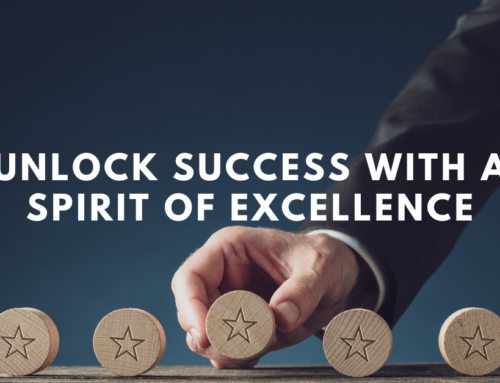As a CEO, I read up a lot on the latest industrial developments, markets, and blogs for self-improvement. I hire excellent leaders in areas that I don’t know how to build my business. For my part, I read up on these areas to arm myself with basic knowledge and to have a better understanding of them.
A dedication to learning, however, is just the first step. Activities such as self-reflection, planning your growth and monitoring your progress can significantly facilitate learning. With all these in mind, I want to share some personal tips I practise to become a better lifelong learner.
1. Practise

Whether you’re acquiring a new skill, learning a new instrument or language, practice is the only way to mastery. The reason why repetition works is that it increases our neurons. So the more you practise, the better you learn and remember it.
To effectively practise your craft or a new skill, start by creating a planned and manageable practice schedule. Next, have your coach, mentor, or instructor review your performance. Track your progress and note areas of improvement.
Sooner or later, you will reach mastery, and your motivation to enhance your skills further will continue.
2. Reflect

Reflection is a tool that is essential to learning and improving performance. Besides reflecting on your performance, reflection can help spark new ideas. I have the best ideas for my business when I’m reflecting or when I’m out of the office. This is because these spaces allow me to open my mind, reflect on my ideas and discover new areas for improvement.
If you’ve noticed, most of your ideas don’t happen when you are consciously thinking about them; they happen when you interact with people or when you reflect upon your experiences. I believe in encouraging employees to utilise their leave/vacation time to relax, to help them perform, think, and find inspiration. I firmly believe that after a genuine vacation, employees return to work more energised and armed with new insights.
3. Explain

Educators will agree that the best way to test if you truly understand something is to explain it to someone else. If you can explain it clearly, it shows that you know what you’re talking about.
Try and expound a complex concept using the simplest terms. You will notice that the information that you don’t fully comprehend stands out. When you realise what it is that you don’t have complete grasp of, take the time to re-learn it.
Time is precious, and I’m sure you don’t want to waste your time and effort. To prevent that from happening, I believe the tips mentioned above will help you hone your craft and skill set to mastery.
And when you conscientiously put in the time, effort, and patience, you’ll enjoy the fruits of your labour and prosper with it!
To your success,
Mario
[Visit www.mariosingh.com now to enjoy a FREE e-book of my latest “37 Essential Principles for Massive Success” when you subscribe!]





